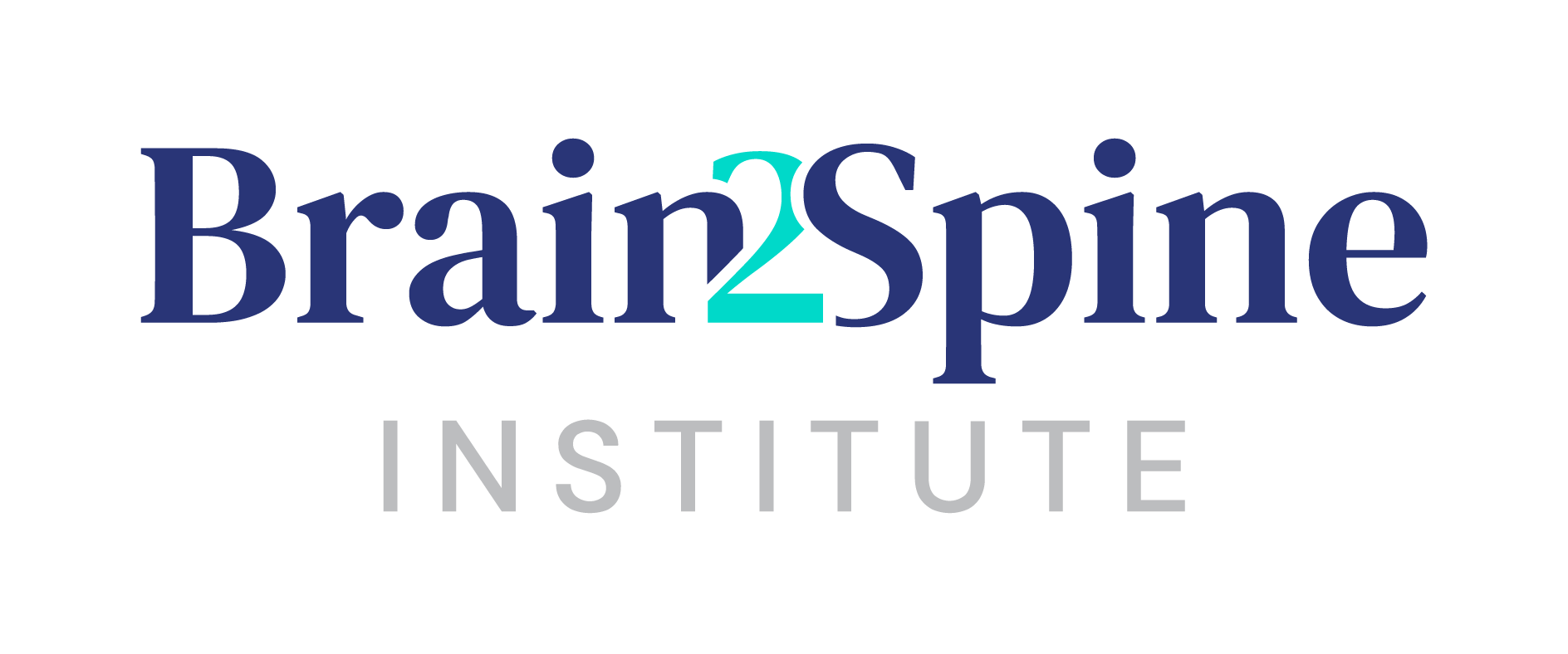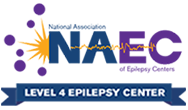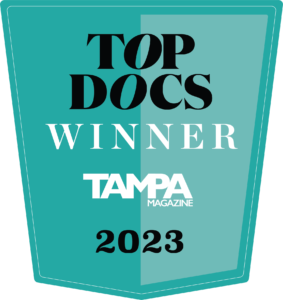An acoustic neuroma, also called a vestibular schwannoma, is a benign tumor that grows on the nerve that connects the ear to the brain. These types of tumors grow relatively slowly, so they are not always the easiest to diagnose, nor are they usually diagnosed right away. As the tumor grows larger, more symptoms may present themselves. Eventually, the tumor may grow large enough to press against the nerves responsible for hearing and balance, creating problems in those functions.
Acoustic Neuroma Symptoms
The symptoms of an acoustic neuroma are similar to most other inner ear problems, making it difficult to precisely diagnose. If the tumor is small, you may not experience any symptoms at all. As it grows, the following symptoms are most common:
- Loss of hearing in one ear
- Tinnitus (ringing in the ears)
- Dizziness and balance problems
Large tumors may lead to numbness or paralysis on one side of the face. In rare cases, the acoustic neuroma may become so large that it presses against the brain, becoming life-threatening.
Acoustic Neuroma Causes
Like any tumor, an acoustic neuroma is caused by the abnormal production of cells. It is believed that the gene responsible for the malfunction is located on chromosome 22. That is the gene responsible for producing tumor-suppressing proteins that keep cell growth on the nerves under control.
There are few known risk factors for an acoustic neuroma, but one confirmed connection is a rare genetic disorder called neurofibromatosis type 2, a disorder that leads to noncancerous growths on the balance nerves.
Acoustic Neuroma Treatments
Your physician may choose to check the tumor frequently for any changes, but if the acoustic neuroma remains small, then no surgery is necessary. Larger tumors with bothersome symptoms may need to be treated via surgical interventions or radiation.
For a comprehensive evaluation from the experts at Brain2Spine Institute, call 727-828-8400.
If you have suffered a severe brain injury, join the Tampa Bay Brain Injury Support Group, an inclusive community of brain injury survivors and caregivers.






